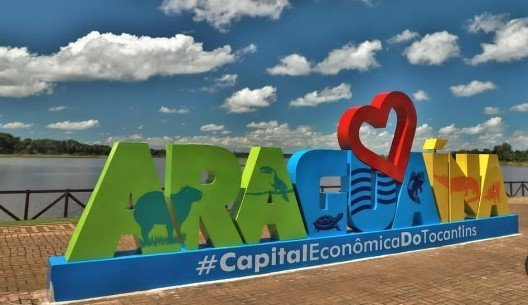Tourism encompasses various types and objectives, but they all share a common intention: the desire to travel to other countries, cultures, and even different regions within one’s own country, motivated by different values beyond just living.
Concept of Tourism
According to the UNWTO (World Tourism Organization), tourism is the movement of people outside their personal environment for a period of less than one year for leisure, business, or other purposes.
The UNWTO has also defined meanings for some concepts we already know, such as:
- Traveler: a person who travels to another country.
- Visitor: a person who travels anywhere outside their personal environment for a period of 12 consecutive months for leisure.
Within the visitor category, there are further subdivisions such as excursionists, who are people who do not stay overnight in the place; international visitors, who are those traveling to another country for a period of less than 12 months for leisure; and domestic visitors, who travel within their own country.

The Importance of Tourism:
Tourism is a significant driver of societal development, as it directly and indirectly stimulates various sectors and creates jobs across different industries.
When a city or even an entire state is known for tourism, segments such as the hotel industry, transportation, environmental preservation, food, and culture are strongly encouraged and generate revenue.
Not only that, but the history of that people and consequently that country is passed down to future generations, aiding in the preservation of unwritten history and the identity of a community.
Types of Tourism:
Just as there are different types of businesses benefiting from tourism, it makes sense that there are various forms of tourism. They are:
- Social Tourism: a way to democratize tourism for all segments of society with lower purchasing power, allowing access to more inviting travel prices through policies and social programs.
- Business Tourism: tourism aimed at work-related trips, or for networking, conferences, seminars, and trade shows.
- Cultural Tourism: involves exploring the culture, architecture, and arts of a region. Examples of cultural tourism include trips to the Carnival in Bahia, Olinda, and the São João in Paraíba.
- Gastronomic Tourism: travel focused on appreciating the cuisine and culture associated with it. Beer, fruit festivals, and typical regional dishes are good examples.
- Ecotourism: a type of tourism that involves exploring the natural beauty of a region. Visits to waterfalls, dunes, and beaches are good examples.



